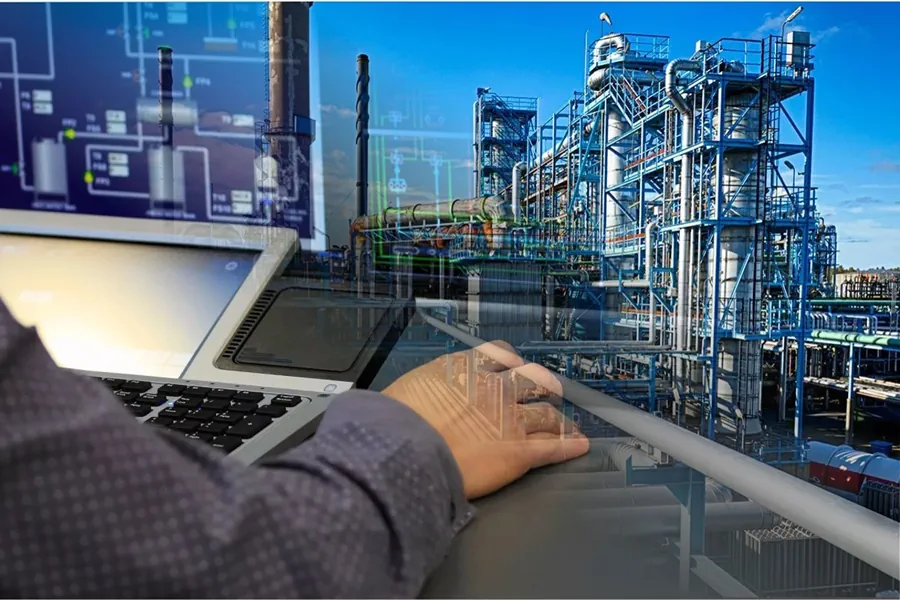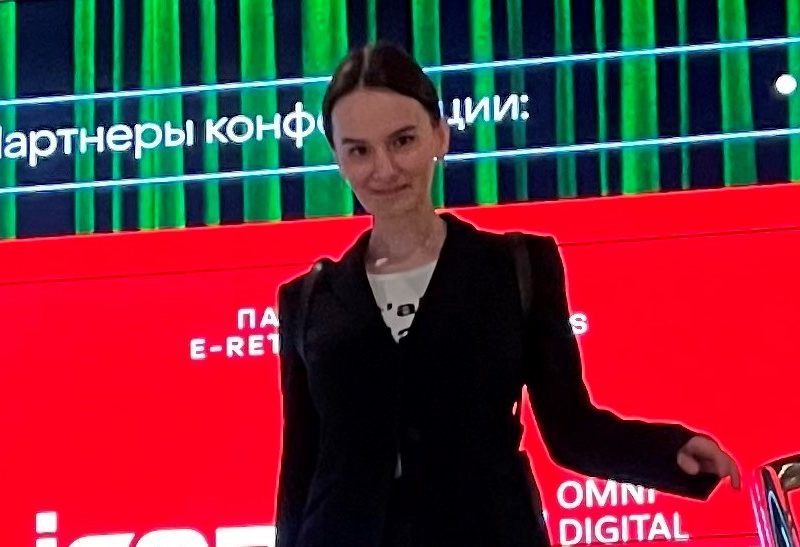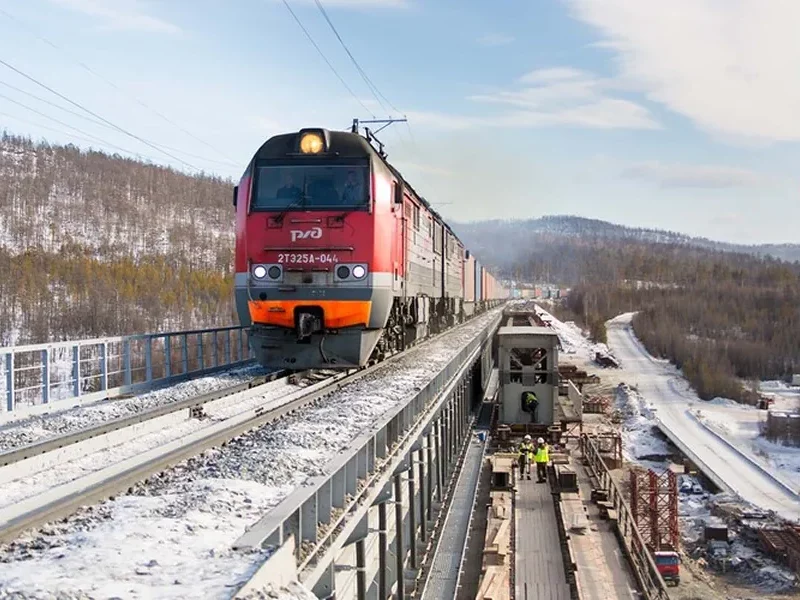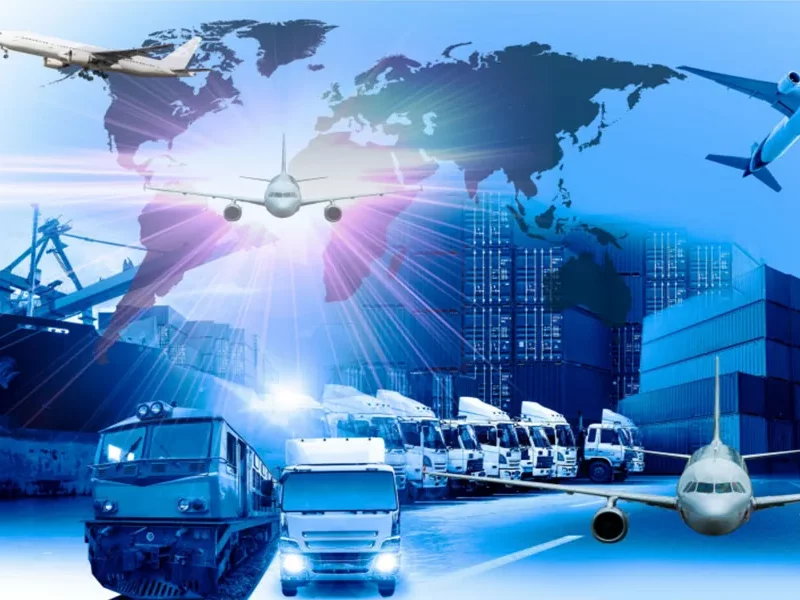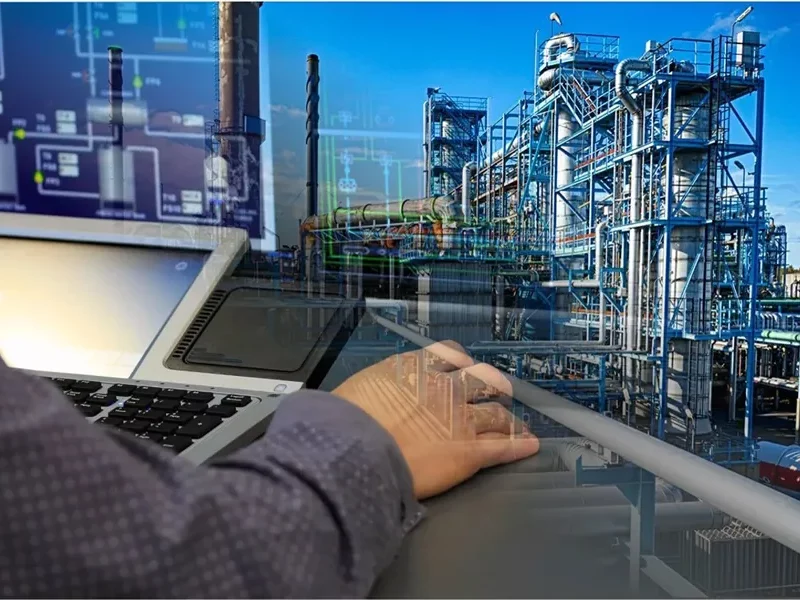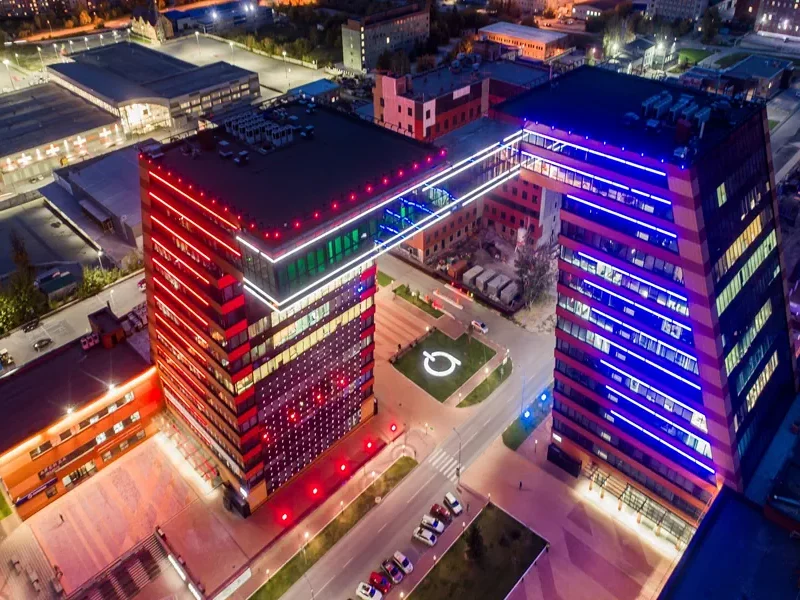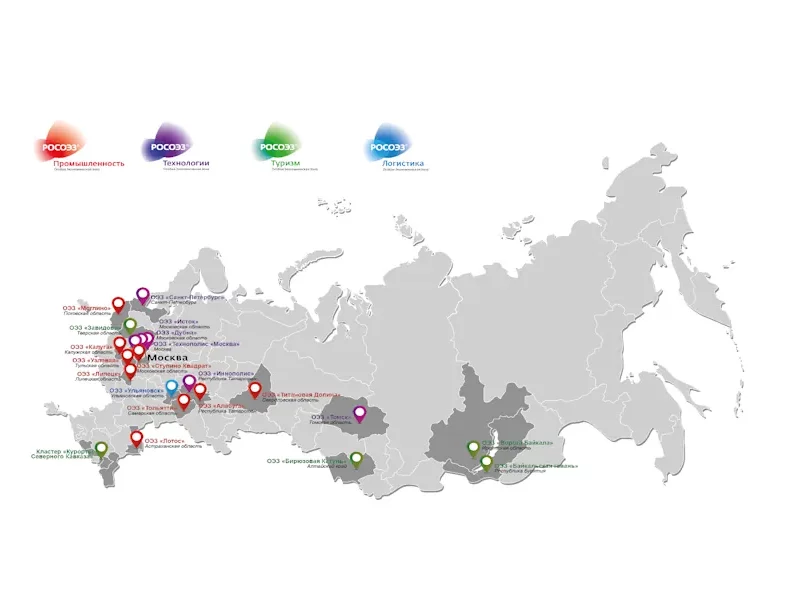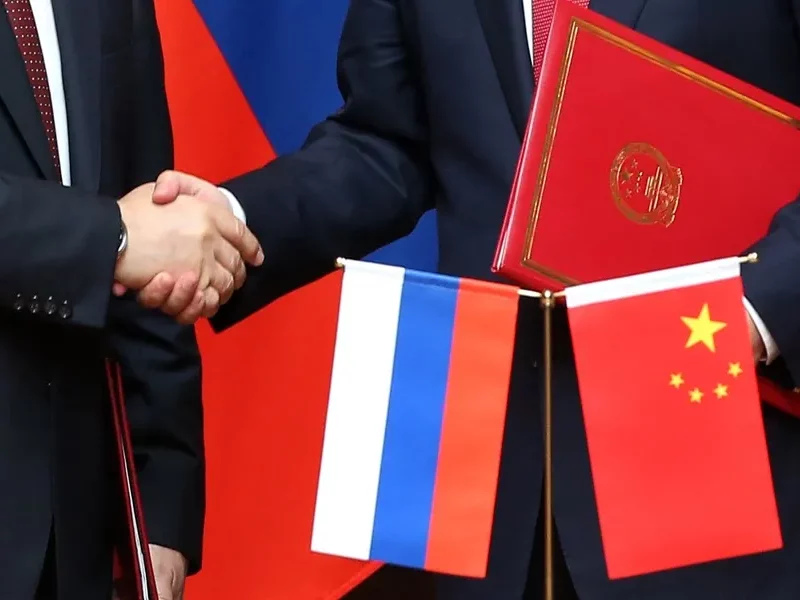Currently, the state policy in the field of industrial production pays special attention to import substitution. To achieve this, it is necessary to create competitive enterprises that produce modern high-tech products with high export potential. Support for industrial production consists of a set of measures: from investment protection to targeted information and personnel policies. The State Program ‘Industrial Development and Enhancement of its Competitiveness,’ developed in 2014, aims to address systemic issues that hinder the transition of the industrial sector towards innovative development.
Objectives of State Policy in the Industrial Sphere
The key directions of the state program correspond to the national development goals set by Decree No. 474 of July 21, 2020, and the Development Strategy of the Processing Industry, approved by Order No. 1512-r of June 6, 2020. The program focuses on uniting the efforts of the state and economic entities in the development of industrial potential, creating systemic long-term incentives to increase the competitiveness of domestic industrial companies in the global and domestic markets.
The program is executed in several stages:
- Until 2024: In the basic sectors of the economy, especially in manufacturing and agro-industrial complexes, export-oriented directions are created, developed using modern technologies, and staffed with highly qualified personnel. The number of organizations in these areas implementing technological innovations is planned to increase to 50% of the total. Digital technologies are rapidly introduced into the economy and the public sphere.
- By 2030: Through active development of processing industries, the program aims to guarantee a GDP growth rate higher than the global average, provided macroeconomic stability is maintained. Plans include ensuring an increase in citizens’ income and pension payments at the inflation rate. Investment in basic industrial capital and the export of processed non-energy goods are expected to grow by 70% compared to the 2020 level. The core sectors of the economy, public services, and state management will be fully digitized.
The solution to the main tasks of the state program will ensure the technological sovereignty of the country.
Industries Receiving Special Attention
To fill the domestic market, it is planned to develop such areas of mechanical engineering as:
- Automotive engineering;
- Transportation;
- Agriculture;
- Specialized machinery.
To provide the industrial industry with production means, the following will be developed:
- Machine tool industry;
- Robotics;
- Heavy and power engineering;
- Industrial software.
Industries oriented towards the creation of materials for the industrial sector include:
- Chemical industry;
- Extraction of rare and rare-earth metals;
- Creation of composites;
- Metallurgy.
For consumers, light industry, the production of goods for children, and folk crafts will be developed.
At the same time, priority is given to production areas that:
- Ensure technological sovereignty by localizing production chains in the Russian Federation;
- Increase labor productivity through the use of advanced technologies and the introduction of state-of-the-art equipment;
- Create conditions for promoting domestic non-raw material products to foreign markets;
- Improve energy efficiency in product manufacturing and focus on resource conservation.
The implementation of the state program will positively impact related sectors of the economy, such as transport, communications, the educational system, and will also stimulate the development of scientific research and experimental developments.
Planned Measures for Industrial Development
To stimulate the growth of the industrial sector, the state program suggests implementing a series of tasks.
- Ensure the Financial Stability of the Industry with State Support: Ensure sustainable financial conditions for the industry with government support.
- Implement Cross-Industry Projects, Including Cluster Initiatives: Execute cross-sector projects, including those of a cluster nature.
- Create Conditions to Support Innovations: Foster innovation-supporting technology development by establishing pilot industrial enterprises and engineering centers. Additionally, create a system to support the demand for products from new sectors.
- Establish Industrial and Technological Parks for Regional Development: Form industrial and technological parks in regions to promote industry growth, leading to increased employment.
- Ensure Uniform Standards in Technical Regulation: Develop and approve national standards through informational and technical references for best available technologies, and establish a legal framework for their application.
- Develop and Upgrade Laboratory Facilities: Conduct product testing according to the requirements of exporting countries, reducing financial and time costs for delivering goods to foreign markets and ensuring their competitiveness.
For solving tasks related to modernizing production and innovative development, there are plans to create technological platforms capable of predicting the needs of the processing sector and coordinating state program activities with innovative territorial clusters.
The implementation of these tasks will contribute to increased investment in the fixed capital of industrial enterprises, reducing the economy’s dependence on the import of products, equipment, and technologies. By investing in the basic funds of the industry, it is also planned to increase labor productivity.
Ensuring National Security
Import substitution as a primary direction of state policy involves not only displacing foreign goods from the domestic market but also creating new industrial technologies to competitively replace foreign products with domestic ones. To gain technological sovereignty for the Russian industry, it is necessary to update the material and technical base of relevant sectors, provide them with production facilities, and coordinate the development programs of these sectors with the level of demand for technological products.
To expand the production of modern high-tech products, the plan is to:
- Provide the Industry with Traditional and New Eco-Friendly Materials:
- Stimulate the Export of High-Value-Added Products:
- Create Innovative Infrastructure:
Another stage of strengthening national security is the development of the Russian standardization system and ensuring unity of measurements. This will help reduce the negative impact of industry on the environment and improve the quality of life for Russian citizens.
Solving National Development Goals of Russia
The complex of main goals of the state program ‘Development of Industry and Enhancement of its Competitiveness’ is determined in accordance with the national development task ‘Efficient Labor and Successful Entrepreneurship.’ Their implementation should ensure, by 2030, a GDP growth rate for the country above the world average, and an increase in investment in industrial production by no less than 70% compared to the 2020 figures.
Increasing the production of modern high-tech products and stimulating its implementation to foreign partners will provide a growth in the export of processed non-energy goods by at least 70% compared to 2020.
The accomplishment of the state program’s tasks will contribute to an increase in the incomes of citizens employed in the manufacturing industry. The national goal in the field of digital technology development must be addressed through the implementation of technological innovations.
Regional Development
The specific indicators for the subjects of the Russian Federation are not set by the state program, but it envisages collaboration within the framework of implementing regional programs for industrial development and providing subsidies for the establishment of industrial and technoparks. The development of regional industries involves diversifying and modernizing production, as well as clustering production facilities based on territorial criteria.
The state program prioritizes the development of the Far East, particularly the Chukotka Autonomous Okrug. Investment projects are planned here for the extraction of polymetallic ores containing non-ferrous and noble metals.
Additionally, financial support measures will be provided to the Kaliningrad Oblast, the Republic of Crimea, Sevastopol, the North Caucasus, and the Arctic zone. As part of the program’s implementation, subsidies are planned for the Republic of Mordovia and the Belgorod Oblast.
The strategic goal addressed by the state program is to create a stable and structurally balanced industrial sector in Russia capable of competing and developing effectively in the process of integration into the global scientific and technical environment. The adoption and utilization of modern industrial technologies, enabling the exploration of new markets for innovative products, will ensure the economic development of the country and enhance its defense capabilities.
What Has Been Implemented Under the Program?

Resolution of June 14, 2023, No. 982: The government has established simplified conditions for implementing industrial development programs in new regions.
The Donetsk and Luhansk People’s Republics, as well as the Kherson and Zaporizhzhia Oblasts, can now receive federal funds to stimulate regional industrial programs under more lenient conditions. These changes were included in the national program “Development of Industry and Strengthening its Competitiveness,” approved by the decision signed by Prime Minister Mikhail Mishustin.
These measures include subsidizing regional projects aimed at modernizing and expanding industrial production. Federal support is intended to compensate companies for part of their expenses for upgrading equipment and production capacities. Enterprises can receive compensation for up to 50% of the costs of purchasing new equipment. Additionally, compensation is provided at a rate of 80% of the costs of paying for services of utility organizations when connecting to infrastructure, as well as for the initial contributions under leasing agreements with Russian companies. The maximum subsidy amount is 20 million rubles per applicant.
This decision aims to integrate the enterprises of these regions into a unified system of support for industrial development in Russia, accelerating the modernization of production capacities and stimulating investments in these areas.
Resolution of March 1, 2023, No. 325: The government expanded the program for subsidizing investment projects in priority sectors of the industry.
The state support mechanism aimed at stimulating key sectors of the industry will now include investment projects in the production of chemical products. These projects must be financed by loans taken out from 2020 to 2024, according to the resolution signed by the Chairman of the Government of the Russian Federation, Mikhail Mishustin.
Within this initiative, Russian enterprises implementing new projects for the production of small- and medium-tonnage chemical products will receive state subsidies. For these purposes, 2.5 billion rubles are planned to be allocated from the federal budget in the next two years. Thanks to government support, companies can reimburse part of the interest costs on loans taken to create or expand the production of chemical products during the specified period. The minimum cost of such investment projects should be at least 150 million rubles, and the subsidized loan amount can reach up to 8 billion rubles.
This step is part of the federal project ‘Development of the Production of New Materials,’ which is one of the key initiatives for the socio-economic development of the Russian Federation. This decision was announced by Mikhail Mishustin at a meeting with deputy prime ministers on March 6. The Prime Minister noted that such support measures have a multiplier effect on the development of related industries, contribute to the strengthening of the economy, the development of domestic production, and create new opportunities for employment.
Разрабатываем Стратегии для собственников бизнеса в целях оптимизации группы компаний, решения нестандартных задач и продажи активов. Оказываем услуги по сопровождению сделок M&A, управлению непрофильными активами и проектами в целом.

